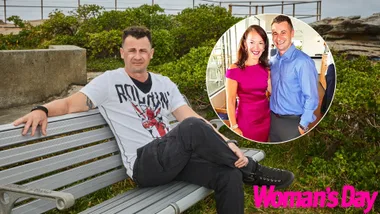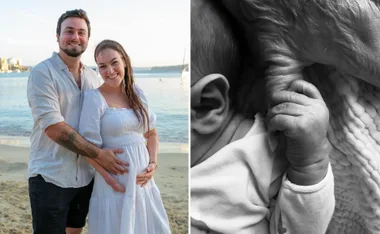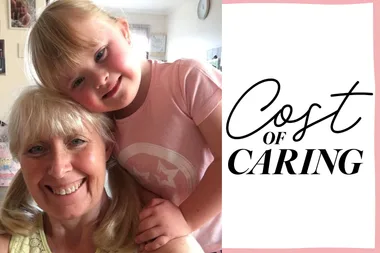When Cyntoia Brown was 16-years-old, she was arrested for killing a man. The young girl was a sex trafficking victim who been picked up by a 43-year-old and claims to have shot him in self-defence.
Ms Brown was sentenced as an adult, despite reports she suffered foetal alcohol syndrome which might have impaired her judgement, and won’t be eligible for parole until she’s 67.
Her case has been a point of contention since 2004, with a renewed interest in 2012 when a documentary on her life was released. This week, she’s winning celebrity support for a pardon thanks to her image and story going viral with the hashtag #FreeCyntoiaBrown
Kim Kardashian, T.I, Rihanna and Cara Delevigne are among thousand demanding justice for the now 28-year-old.
The case is certainly complex. In extreme brevity, Ms Brown was the result of an incredibly difficult upbringing which saw her forced into prostitution at 16.
She ended up going home with real estate agent Johnny Allen who she alleges started boasting about his extensive gun collection and repeatedly standing over her. She became increasingly concerned he was going to harm her and when she thought he reached for a gun, she fatally shot him.
Prosecutors claimed she shot him to steal from him and the jury agreed, giving her a life sentence.
“We started the conversation, this is a young girl who’s at the tail end of three generations of violence against women,” Dan Birman, who produced the documentary Me Facing Life: Cyntoia’s Story, said.
Cyntoia, her grandmother, and mother were all raped.
The story is especially poignant given the Black Lives Matter movement and other cultural shifts which have occurred since Cyntoia has been in jail.
“[There’s] no such thing as a child prostitute or a teen prostitute, I think we’ve had to have a cultural mind shift,” Derri Smith, founder of End Slavery TN, said.
If Brown’s case were heard today, the court would treat her as a child human trafficking victim.
Juvenile sentencing in the U.S have been under fire for many years, with a bill introduced in 2015 which called for juveniles serving life sentences be considered for parole after serving 15 years. The bill, and its modified 2017 reincarnation, were pulled from House Criminal Justice Subcommittee but other bills regarding sentencing requirements and interrogation are often discussed.










